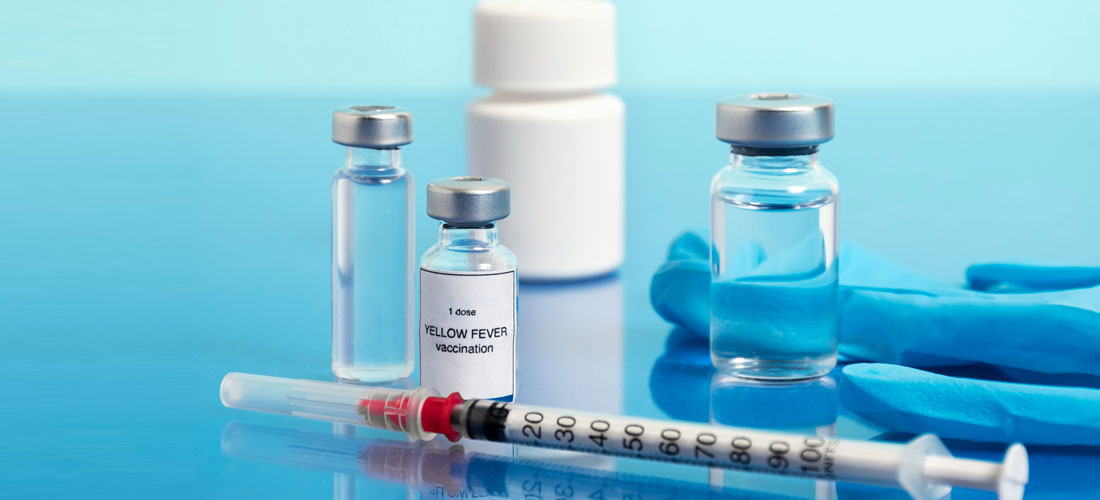Immunotherapy involves the use of the body’s immune system to fight diseases, including infectious diseases. While traditionally associated with cancer treatment, immunotherapy has increasingly become a promising approach for treating infectious diseases, particularly in cases involving antimicrobial resistance or pathogens with complex pathogenesis. This can include monoclonal antibodies, immune checkpoint inhibitors, immune modulators, and vaccines that enhance the body’s immune response or directly target pathogens. This session will focus on the innovative use of immunotherapy to treat infectious diseases, examining the latest advancements, challenges, and clinical applications.

Immunotherapy has emerged as a promising and increasingly critical tool in the fight against infectious diseases, particularly in the context of antimicrobial resistance (AMR) and chronic infections where traditional antibiotics may fail. Unlike conventional treatments that directly target pathogens, immunotherapies aim to boost or enhance the body's natural immune response to fight off infections, reduce disease severity, and improve patient outcomes.
This session will explore the latest advancements in immunotherapy for infectious diseases, discussing the various types of immunotherapeutic agents such as monoclonal antibodies, immune modulators, and immune checkpoint inhibitors that are being developed to combat a variety of infectious agents, including bacteria, viruses, and fungi. We will also focus on vaccine development and immunotherapy strategies for antimicrobial-resistant pathogens.
Key topics to be covered in this session include:
- The role of monoclonal antibodies and immune checkpoint inhibitors in treating infections, especially antibiotic-resistant infections
- Immune modulation strategies to enhance the immune system’s ability to combat infection
- The potential of bacteriophage therapy in conjunction with immunotherapy for drug-resistant bacterial infections
- Advances in vaccines as immunotherapeutic agents for preventing infections and their role in viral and bacterial diseases
- Immunotherapy for chronic infections such as tuberculosis and hepatitis B and C
- The impact of immune system enhancement in treating infections in immunocompromised patients
- Challenges in translating immunotherapies from research to clinical practice
- The synergy between traditional antibiotics and immunotherapy in multi-drug resistant infections
- Case studies of successful immunotherapy applications in emerging infectious diseases
- Future perspectives and challenges in immunotherapy, including safety, efficacy, and cost-effectiveness
- Exploring novel immunotherapy combinations to improve treatment outcomes for infectious diseases
This session will be highly beneficial for infectious disease specialists, immunologists, pharmacists, clinical researchers, and biotech professionals interested in the intersection of immunology and infectious disease treatment.